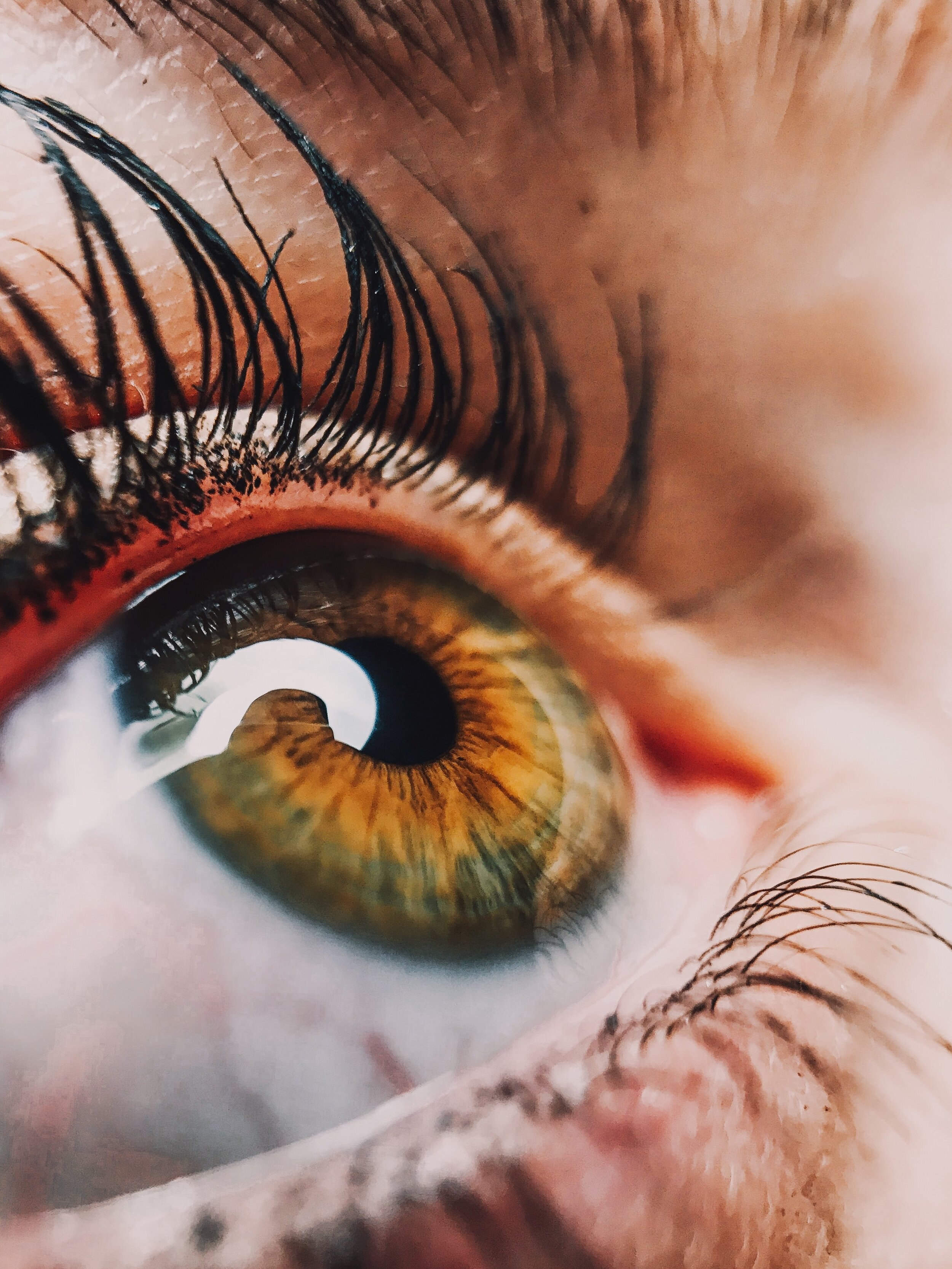
Safe Eyes America is a non-profit organization dedicated to promoting the delivery of the highest quality medical and surgical eye care to the American public.
Your Sight is Our Priority
when should i get my eyes examined?
Understanding eye health is the first step in preserving sight. Learn when you should get your eyes examined and the common risk factors that may affect your eyes and vision.
Common eye conditions
Sudden vision changes should be addressed by an ophthalmologist, especially if the condition requires surgery. Learn more about some of the conditions eye surgeons diagnose, manage, and treat.

Who is Taking Care of Your Eyes?
Ophthalmologist, Optometrist, Optician—know the difference.
Ophthalmologists, optometrists, and opticians all play vital roles and often work together in keeping our eyes healthy. Though they may sound similar, each provides dramatically different services when it comes to eye and vision care and you must know who is taking care of your eyes and what their qualifications are!
The biggest difference? Education and clinical training.
When making eye care decisions, it’s important to understand what each provider is trained and licensed to do for you. For any chronic condition, for any vision threatening condition, for anything not responding to treatment, and certainly for any type of surgery, you should be seeing an ophthalmologist—a medical doctor and surgeon with the education, training and experience to care for complex eye conditions. If your condition is not responding to treatment, you are losing vision without adequate explanation, or your concerns about your condition aren’t being addressed talk to your doctor about your concerns or seek another opinion.
Ophthalmologist
Can provide full range of services, from annual vision exams and prescription of glasses and contact lenses, to care of any medical or surgical eye condition
Recommended for medical eye conditions that are complex, chronic, or vision-threatening
Essential for conditions that require surgical treatment
Many subspecialize in treatment of Glaucoma, Retina, Oculoplastic, Pediatric, or Neuro-ophthalmology patients
Medical doctors with 8+ years of medical school, residency, and fellowship training
Licensed to practice medicine and perform surgery
Optometrist
Can provide basic vision care
Healthcare professionals with 4 years of training in optometry school
Licensed to perform routine eye exams and prescribe corrective lenses
Trained to detect eye abnormalities and prescribe medications for some eye diseases
Often work together with ophthalmologists as a part of an ophthalmologist-led eye care team
Refers patients to an ophthalmologist for diagnosis and treatment of complex eye conditions that require medical care or surgery
Optician
Helps you with choices in eyeglasses and making sure glasses fit well and are made correctly for your prescription
Certification programs and licensing available and required in some states






